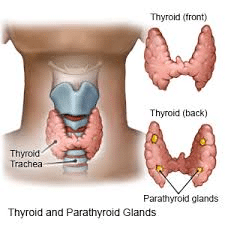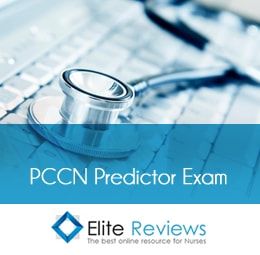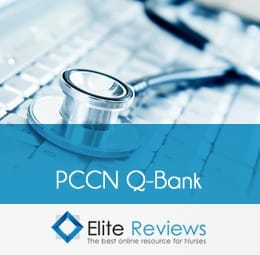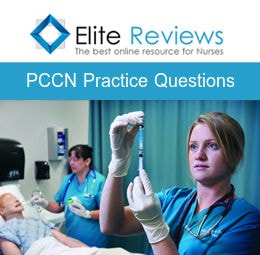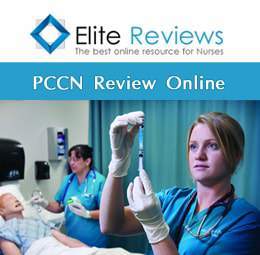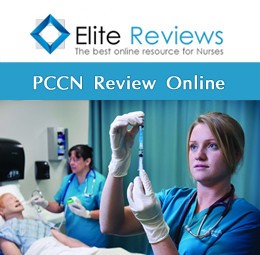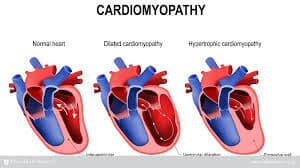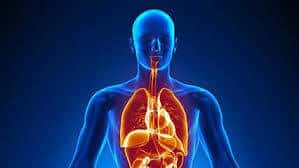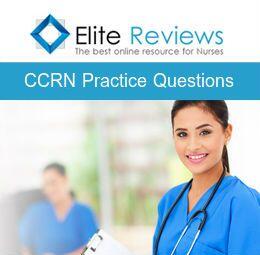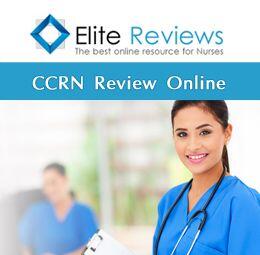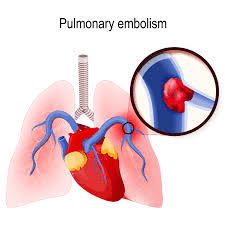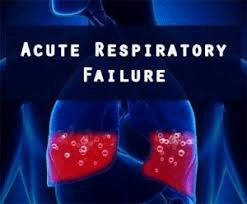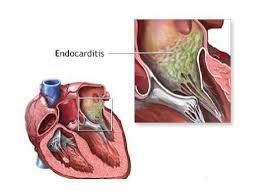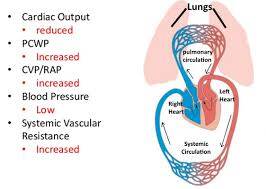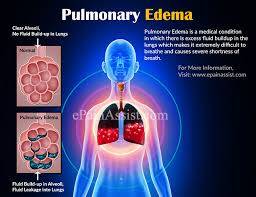PCCN Hyperthyroidism
PCCN Hyperthyroidism
Hyperthyroidism (overactive thyroid) occurs when your thyroid gland produces too much of the hormone thyroxine. Hyperthyroidism can accelerate your body's metabolism, causing unintentional weight loss and a rapid or irregular heartbeat. Although hyperthyroidism can be serious if you ignore it, most people respond well once hyperthyroidism is diagnosed and treated.Signs and Symptoms
Hyperthyroidism can mimic other health problems, which can make it difficult for your doctor to diagnose. It can also cause a wide variety of signs and symptoms, including:- Unintentional weight loss, even when your appetite and food intake stay the same or increase
- Rapid heartbeat (tachycardia) — commonly more than 100 beats a minute
- Irregular heartbeat (arrhythmia)
- Pounding of your heart (palpitations)
- Increased appetite
- Nervousness, anxiety and irritability
- Tremor — usually a fine trembling in your hands and fingers
- Sweating
- Changes in menstrual patterns
- Increased sensitivity to heat
- Changes in bowel patterns, especially more frequent bowel movements
- An enlarged thyroid gland (goiter), which may appear as a swelling at the base of your neck
- Fatigue, muscle weakness
- Difficulty sleeping
- Skin thinning
- Fine, brittle hair
Causes
Hyperthyroidism can be caused by a number of conditions, including Graves' disease, Plummer's disease and thyroiditis. Your thyroid is a small, butterfly-shaped gland at the base of your neck, just below your Adam's apple. The thyroid gland has an enormous impact on your health. Every aspect of your metabolism is regulated by thyroid hormones. Your thyroid gland produces two main hormones, thyroxine (T4) and triiodothyronine (T3), that influence every cell in your body. They maintain the rate at which your body uses fats and carbohydrates, help control your body temperature, influence your heart rate, and help regulate the production of protein. Your thyroid also produces a hormone that helps regulate the amount of calcium in your blood (calcitonin).Risk Factors
Risk factors for hyperthyroidism, include:- A family history, particularly of Graves' disease
- Female sex
- A personal history of certain chronic illnesses, such as type 1 diabetes, pernicious anemia and primary adrenal insufficiency
Complications
- Heart Problems
- Brittle Bones
- Eye Problems
- Thyrotoxic Crisis
- Red, swollen skin
Treatment
Several treatments for hyperthyroidism exist. The best approach for you depends on your age, physical condition, the underlying cause of the hyperthyroidism, personal preference and the severity of your disorder. Possible treatments include:- Radioactive Iodine
- Anti-thyroid Meds
- Beta-blockers
- Thyroidectomy
PCCN National Exam Courses
Overview
- Elite Reviews Offers A Variety Of Online Courses That Will More Than Adequately Help Prepare The Critical Care Nurse To Pass The National Exam.
- Each Course Includes Continuing Education Credit and Sample Questions.
Continuing Education
- Each Of Our Online Courses Has Been Approved Continuing Education Contact Hours by the California Board of Nursing
- Login To Your Account In Order To Access The Course Completion Certificate Once The Course Is Complete.
PCCN Free Trial
- FREE Sample Lecture & Practice Questions
- Available For 24 Hrs After Registration
- Click The Free Trial Link To Get Started - PCCN Free Trial
How It Works
How The Course Works
- First - Purchase The Course By Clicking On The Blue Add To Cart Button - You Will Then Be Prompted To Create A User Account.
- Second - After Creating An Account, All 3 Options (90, 120 or 150 Days) Will Be Listed. Select The Option You Desire And Delete The Other Two.
- Third - You Will Be Prompted To Pay For The Review Using PayPal - After Payment You Will Be Redirected Back To Your Account.
- Last - Click The Start Button Located Within Your Account To Begin The Program
- 125 Prep Questions
- Q & A With Rationales
- Approved For 5 CEU's
- 90 Days Availability
- Cost $75.00
- 1250+ Prep Questions
- Q & A With Rationales
- Approved For 25 CEU's
- 90 Days Availability
- Cost $200.00
PCCN Practice Questions Bundle
- 1350+ Prep Questions
- Q & A With Rationales
- Approved For 30 CEU's
- 90 Days Availability
- Cost $225.00
PCCN Review Course
- Option 1
- Lectures & 1250+ Questions
- Q & A With Rationales
- Approved For 35 CEU's
- 90 Days Availability
- Cost $275.00
- Option 2
- Lectures & 2000+ Questions
- Q & A With Rationales
- Approved For 40 CEU's
- 90 Days Availability
- Cost $325.00
PCCN Review Course Bundle
- Option 3
- Lectures & 3000+ Questions
- Q & A With Rationales
- Approved For 70 CEU's
- 90 Days Availability
- Cost $375.00

